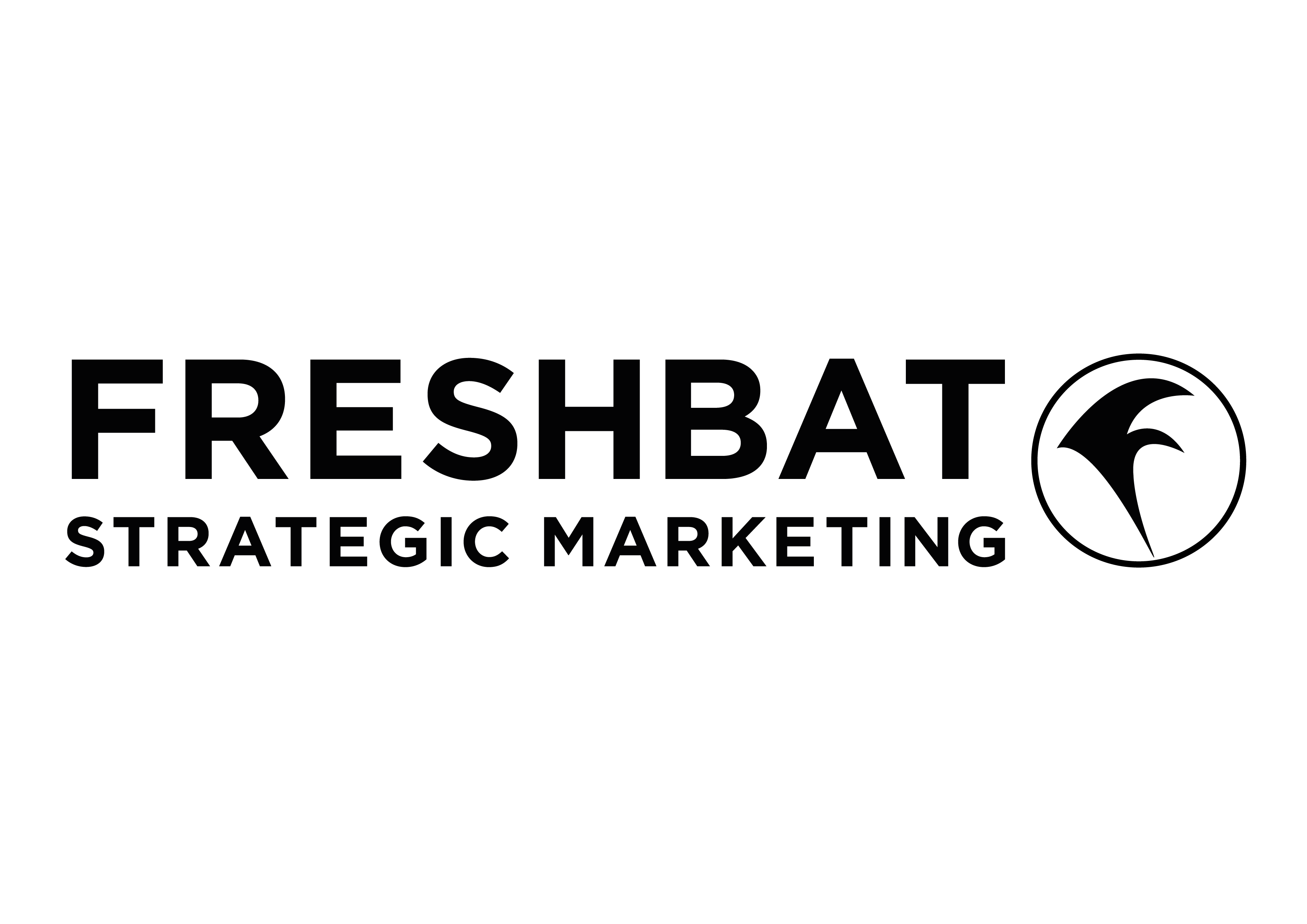Determining whether to outsource your social media management or keep it in-house can be challenging. When faced with numerous responsibilities, you may find yourself torn between the two options. While we can’t make the decision for you, we’ve compiled a list of pros and cons to aid in your decision-making process.
Pros of outsourcing social media
1. Cost
Outsourcing is typically more cost-effective than maintaining an in-house marketing team. Lower costs do not equate to inferior results but hiring full-time employees incurs more expenses such as training, benefits, and other associated costs.
2. Access to expertise
You will benefit from the combined expertise of the entire agency, as multiple professionals are likely to work on your account, offering a broader range of skills. In contrast, with your own employees, you must stay updated with the latest marketing trends and ensure they have access to the latest insights and expertise.
3. Access to advanced tools
This again is an additional expense for your business. You’ll need to budget for advanced tools like scheduling software in addition to other costs. However, if you choose to outsource, the company handles these expenses, and you simply pay them a set amount through your retainer fee.
4. Fresh/outsider perspective
Receiving fresh perspectives from individuals outside your business or market can be highly beneficial. An outsider can provide valuable insights and perspectives that you may not have considered.
Cons of outsourcing social media
1. Last minute requests
Last-minute requests aren’t always guaranteed since agencies plan their time and may lack available hours to accommodate your needs, especially when working with other clients. Keeping marketing efforts in-house grants you greater control over your team’s schedule; you can prioritise urgent tasks and adjust priorities as needed, ensuring more control over the process.
2. No micromanaging
Collaborating with an outsourced team can be challenging if you struggle to relinquish control and trust the team to execute their tasks independently. If you find yourself wanting to micromanage, despite not actually being in a managerial position over them, it can hinder the working relationship.
3. Communication
Managing this can pose challenges when outsourcing your marketing or other aspects of your business. It’s essential to ensure that the company you’re partnering with maintains good communication practices and has regular calls or meetings in place for you to touch base and stay updated.
4. Brand consistency
For a new company, adopting and effectively conveying brand voice can be challenging. It’s crucial to clearly communicate your brand guidelines and collaborate with the company to ensure they understand and embody your brand identity.
How do you know it’s time to outsource?
- You’ve tried in house marketing, but it hasn’t worked for you
- There is no time for you to carry marketing tasks out yourself as you have other tasks on your plate
- Your marketing is inconsistent and is often put on the back burner
- You’re not seeing results with your current marketing efforts
Making an investment like this can feel daunting, as you want to ensure it’s the right fit for your business. Take the time to carefully consider your options and engage with different agencies to find the best match. Before committing to a partnership, thoroughly research the agency. Additionally, remember that many agencies provide free consultations, offering you the opportunity to learn more about them without any financial commitment, so you have nothing to lose by booking these!
Considering outsourcing your marketing but not sure whether to go with an agency or freelancer? Read our blog to find out which is best for your business.


